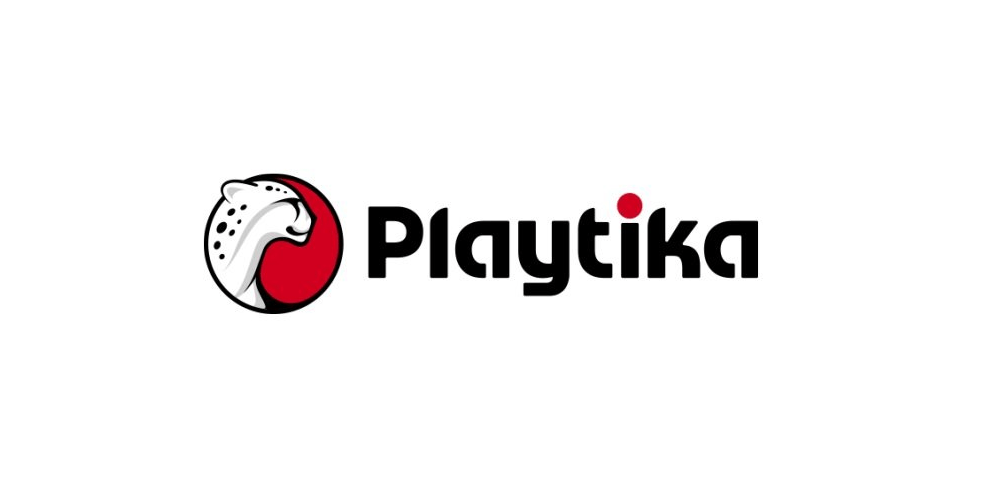Playtika has completed the acquisition of mobile gaming expert SuperPlay.

Social gaming developer Playtika has completed the acquisition of SuperPlay, the mobile gaming company behind Dice Dreams and Domino Dreams.
Playtika has successfully acquired SuperPlay.
Playtika said the acquisition will “significantly” strengthen and expand its portfolio of social games. The financial details surrounding the SuperPlay acquisition, completed yesterday (20 November), remain undisclosed.
Located in Tel Aviv, Israel, SuperPlay has gained recognition for its popular game, Dice Dreams, a ‘coin looter’ that boasts millions of users globally. The platform features the Domino Dreams puzzle game, with two additional titles in the works.
According to Playtika, the addition of these games will be a “meaningful growth driver” for its business. The inclusion of the SuperPlay development team is expected to enhance its game production capabilities.
“The acquisition of SuperPlay represents a pivotal move that highlights Playtika’s dominance in the mobile gaming sector,” stated Playtika's chief financial officer, Craig Abrahams.
“SuperPlay expands our offerings with established games.” This enhances our position in a dynamic marketplace and creates benefits for our investors.
Another achievement for Playtika
Playtika has a well-established history of engaging in mergers and acquisitions. On 26 February, Playtika revealed its results for 2023 and outlined its intentions to seek new acquisition opportunities following the completion of multiple deals in the previous year.
In 2023, Playtika finalised a $300 million agreement with Innplay Labs. The acquisition of the Youda Games portfolio from Azerion has also been finalised.
The developer was also a contender to acquire Rovio Entertainment, the firm responsible for the Angry Birds franchise. After submitting multiple bids, it ultimately withdrew from the competition, allowing Sega Sammy to successfully acquire Rovio.
Playtika hinted the SuperPlay deal was close during its Q3 results announcement earlier this month. The findings indicated a 1% decline in revenue, totalling $620.8 million (£491.5 million/€589.8 million), even as direct-to-consumer revenue experienced an increase.
Operating expenses decreased by 3.1%, leading to an 8.3% increase in operating profit, which reached $97.5 million. Following the deduction of other expenses, the net profit reached $39.3 million, reflecting an increase of 3.7%.
Nonetheless, the final net profit saw a decline of 17.5% compared to the previous year, totalling $28.8 million.














